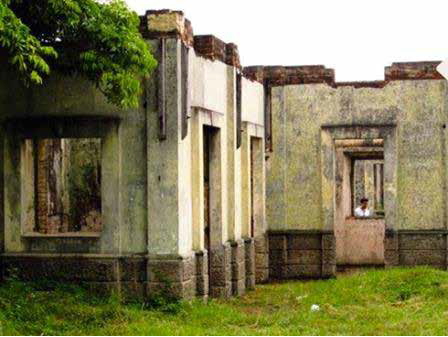Abstract
To understand the real situation of heritage buildings of the Valle del Cauca that the Colombian government has listed as of Cultural Interest of the Nation (BIC), despite progress and achievements in terms of heritage protection, by the Ministry of Culture, it is evident in many cases the lack of knowledge of these goods and the need for action for the conservation of heritage buildings. Over the years, there have been frequent situations of ignorance of the legal framework by the three key players in the construction of memory and identity from the physical assessment of buildings that can recognize our history. The government custody and legislates the general rules for the protection of heritage at the national level, however communication required by the estates to the population, is based on legal articles that do not permeate the community, not illustrated and generate a lack in many cases even to the same owners of the properties listed. Train stations in Valle del Cauca represent more than 50% of the built heritage and are the most deteriorated buildings; the analysis performed in this study tends to establish a baseline of the causes and possible future actions that take into account the community that identifies with the heritage resource.
Apuntes is registered under a Creative Commons Attribution 4.0 International Public License. Thus, this work may be reproduced, distributed, and publicly shared in digital format, as long as the names of the authors and Pontificia Universidad Javeriana are acknowledged. Others are allowed to quote, adapt, transform, auto-archive, republish, and create based on this material, for any purpose (even commercial ones), provided the authorship is duly acknowledged, a link to the original work is provided, and it is specified if changes have been made. Pontificia Universidad Javeriana does not hold the rights of published works and the authors are solely responsible for the contents of their works; they keep the moral, intellectual, privacy, and publicity rights.
Approving the intervention of the work (review, copy-editing, translation, layout) and the following outreach, are granted through an use license and not through an assignment of rights. This means the journal and Pontificia Universidad Javeriana cannot be held responsible for any ethical malpractice by the authors. As a consequence of the protection granted by the use license, the journal is not required to publish recantations or modify information already published, unless the errata stems from the editorial management process. Publishing contents in this journal does not generate royalties for contributors.


